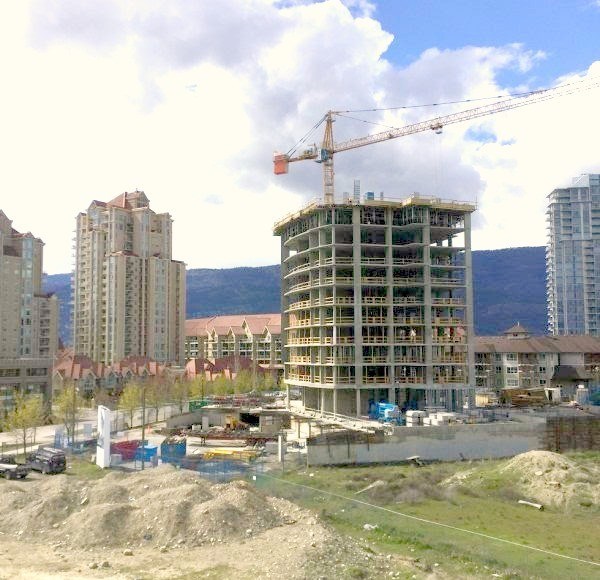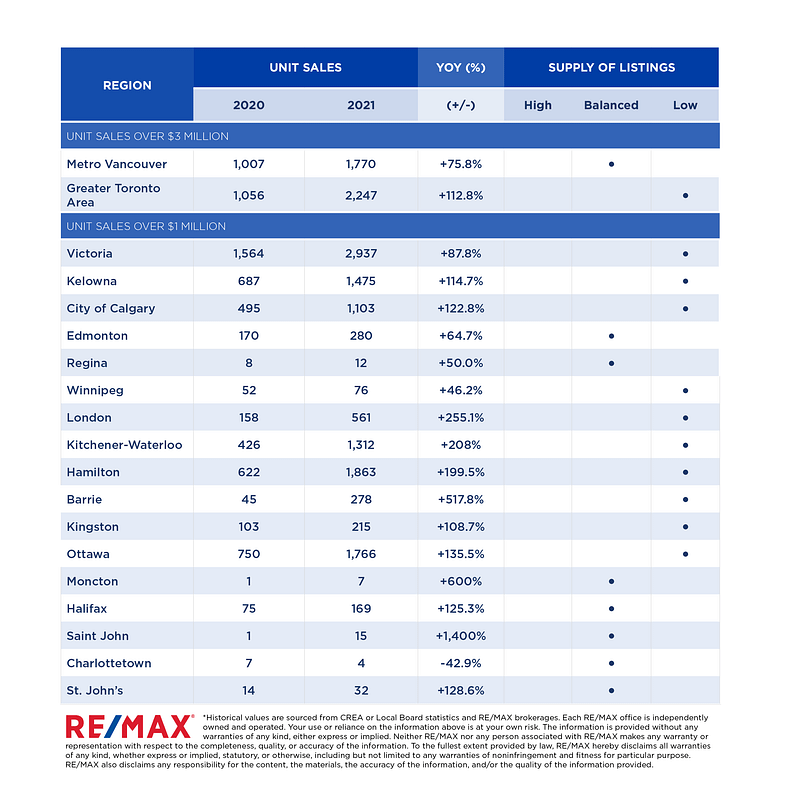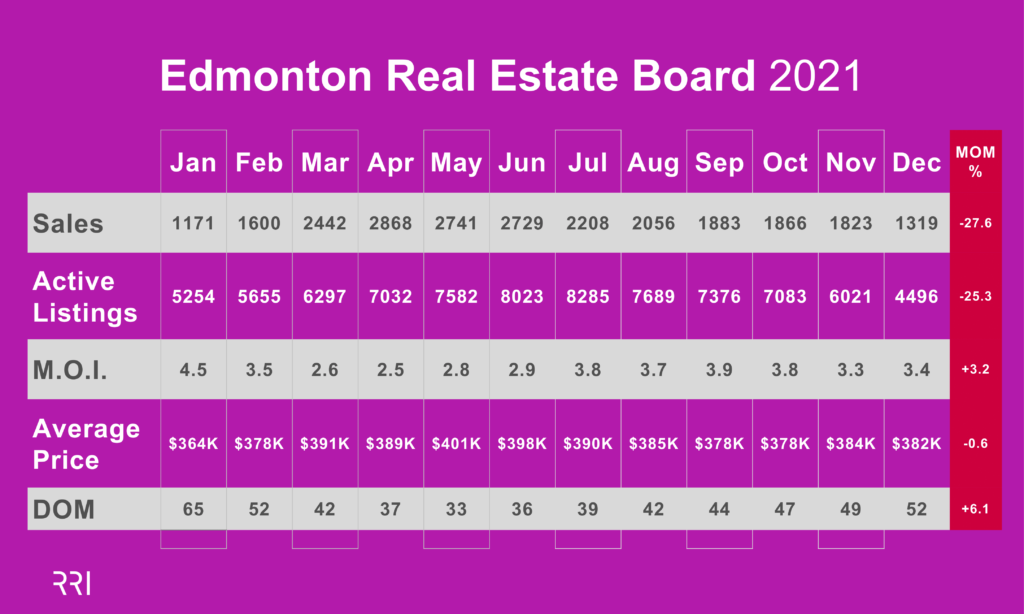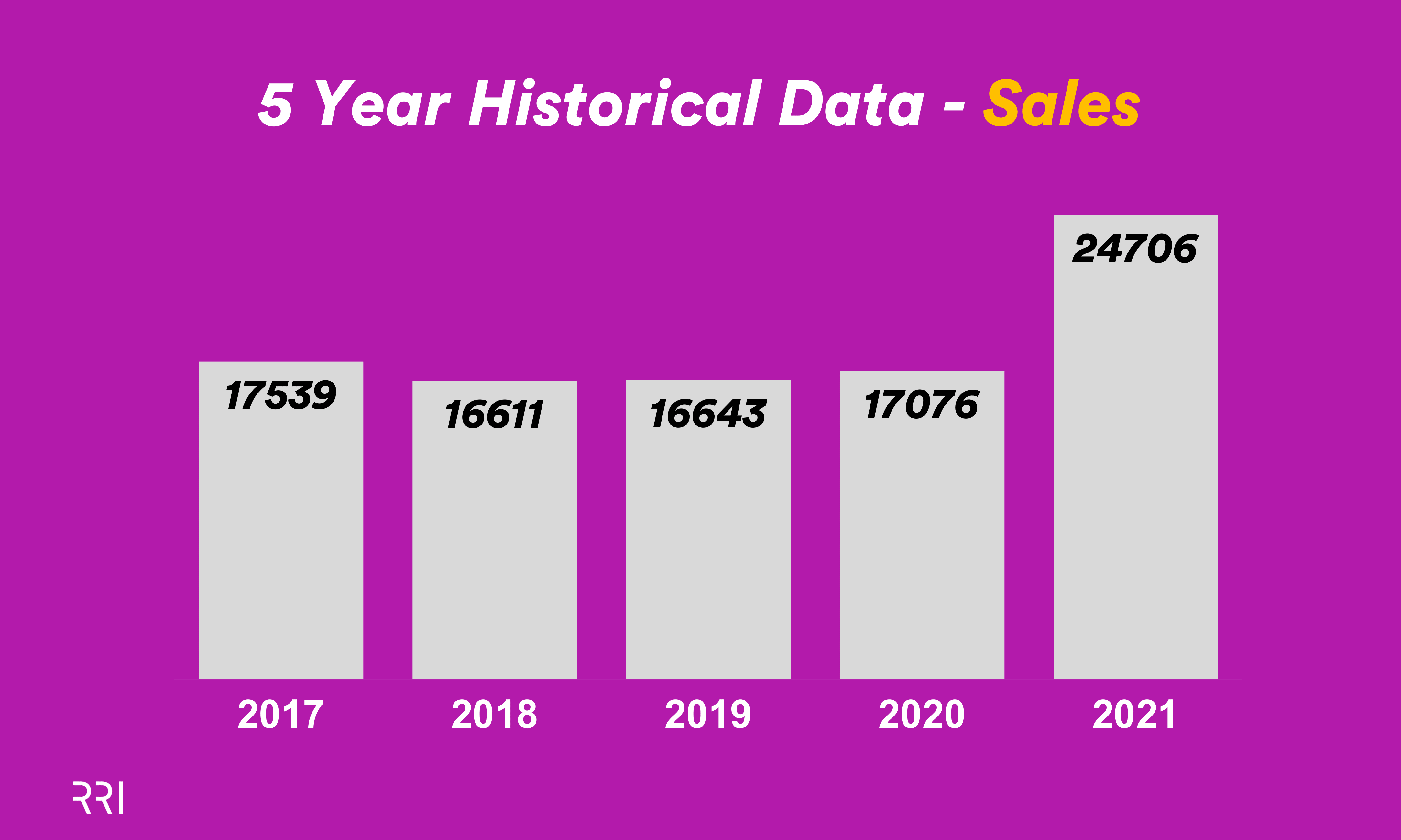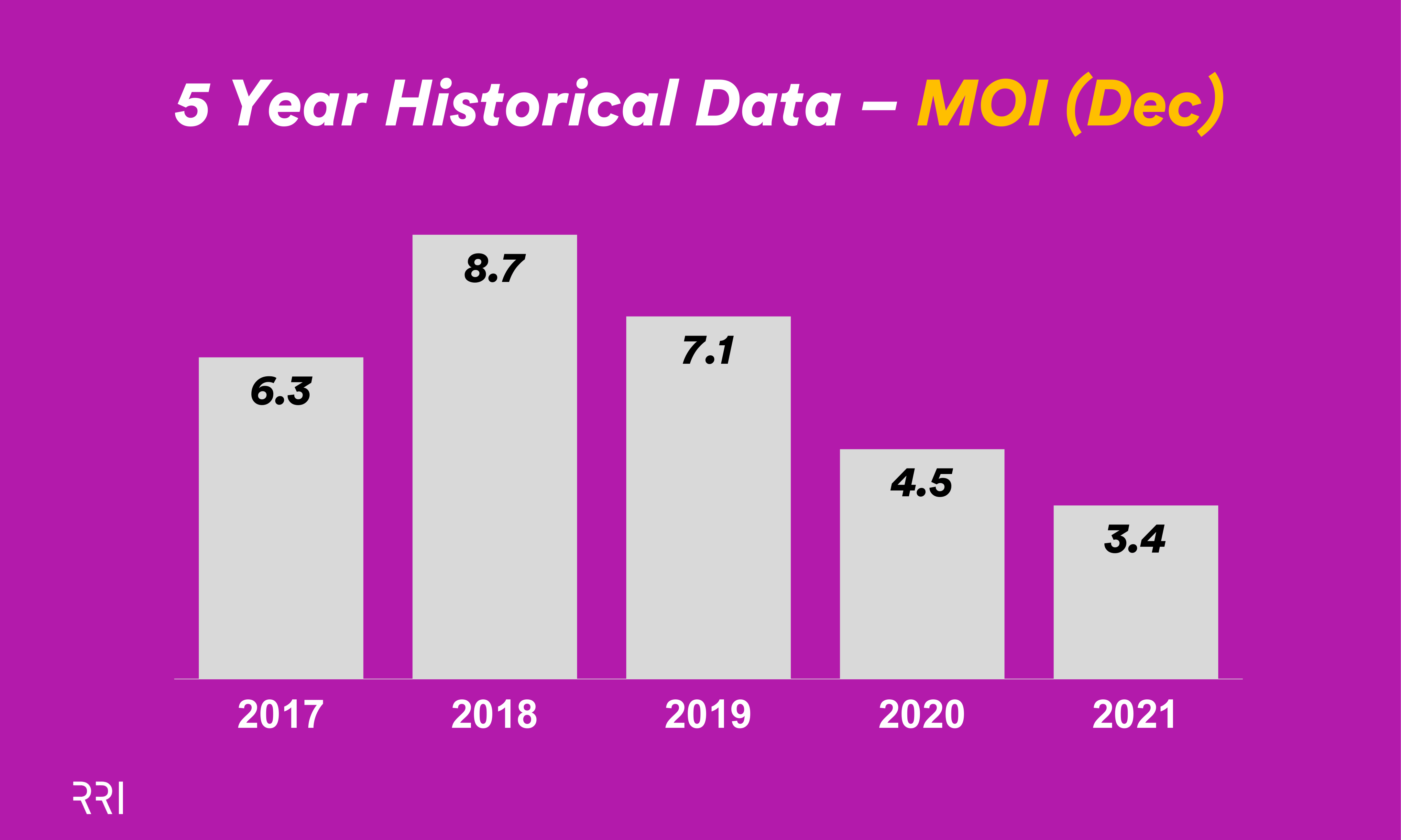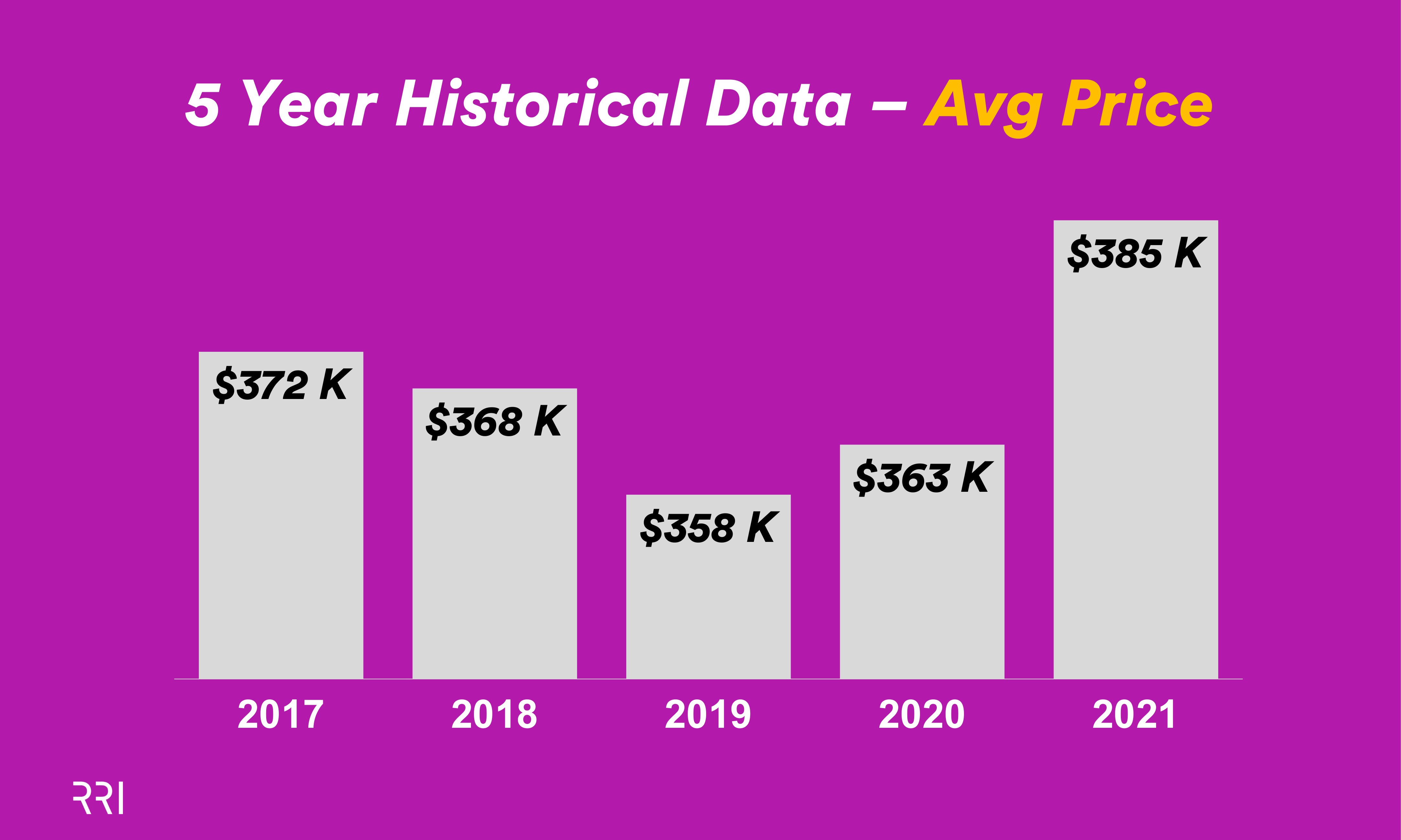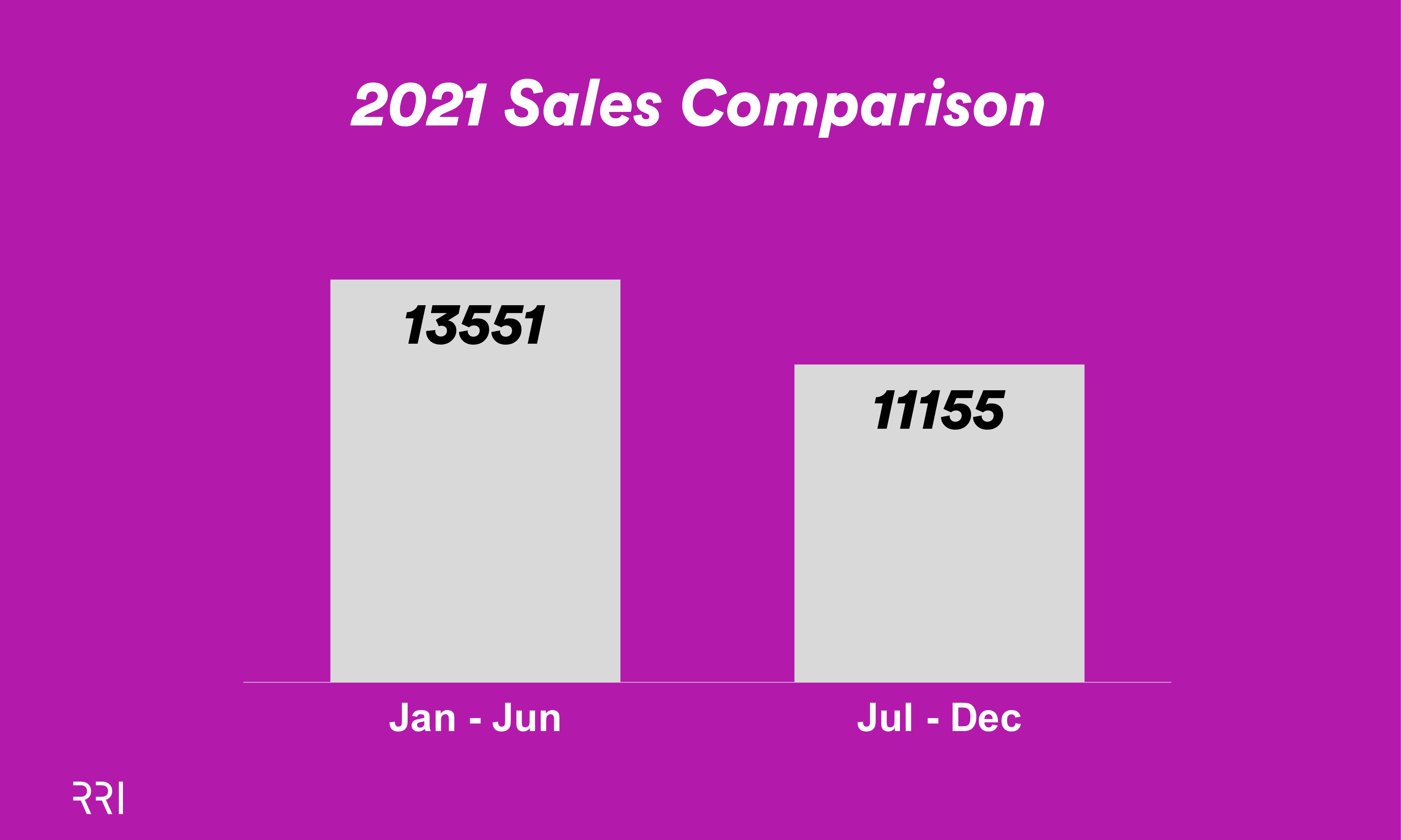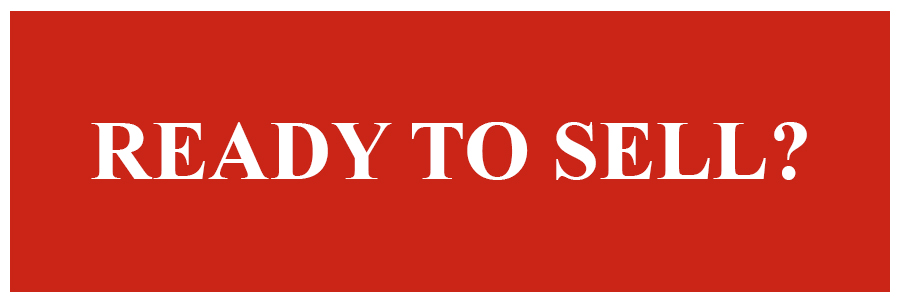Welcome to this 3 bedroom, 1.5 bathroom, 981sq.ft townhouse in Lorelei!

MLS#: E4279426 A fantastic first family home! This 3-bedroom 2-storey townhouse has been updated and is move-in ready! Updates include hardwood flooring, kitchen, baths, and paint and light fixtures throughout! Featuring IN-SUITE LAUNDRY and condo fees that include heat and water/sewer! Located in the community of Lorelei, with its own playground within the complex, and close to schools, parks, shopping, and more! The main floor boasts hardwood flooring throughout the spacious living room, dining nook, and kitchen. A 2-piece bathroom completes this level. Upstairs you’ll find the primary bedroom, a 4-piece bath, and 2 more bedrooms – one with unique vaulted ceilings! The partially finished basement has space for a rec room, and also hosts the in-suite laundry. The energized parking stall is located right outside the fenced yard.














